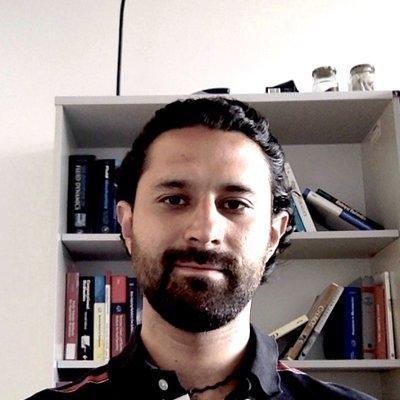About the project
Power generation from renewable energy sources is a prime concern for the technology development of the next decades. Tidal and river hydrokinetic power is a huge, but so far hardly tapped resource which has the additional advantage of being highly predictable. In this project, you will develop a third generation hydrokinetic power converter for application in tidal currents and rivers.
The generation of electricity from the power contained in fast flowing water currents still constitutes a challenge. hydrokinetic power converters (HKPCs) must be efficient and cost-effective in terms of construction, operation and maintenance. They must also be able to deal with difficult environments. Flow-augmented floating waterwheels here have several advantages over turbines:
- they can be as efficient as turbines
- all components are above water level and easily accessible
- the construction is simple and therefore cost-effective
- their impact on aquatic life forms is minimal since they are perceived as solid obstacles
Big Moon Power (BMP) Inc, of Salt Lake City, Utah has developed this technology already for application in very fast tidal currents of up to 5.5 m/s flow velocity.
The large majority of the world wide resource however lies in the velocity range from 1.5 to 2.5 m/s. Since the kinetic energy of water is a cubic function of the flow velocity, the energy density in these sites is considerably smaller. New technological developments are therefore necessary to be able to exploit this resource. The aim of this project is to develop this technology.
In this project, you will start to introduce several novel features such as a diffuser or a multi-bladed wheel to improve efficiency and reduce costs. The technological development will be conducted through the development and application of theoretical models, and through physical model tests and experiments. It is expected that during the project, more potential improvements can be identified and investigated. A resource study will allow to quantify the potential in rivers and tidal currents world wide.
For this project we would like to employ a student with a civil or mechanical engineering degree (BEng or MEng) and who:
- is passionate about renewable energy
- likes to combine theoretical with practical and experimental work
- is a team player who can relate to academic and industrial partners.
The project runs in cooperation with, and is co-financed by BMP Inc. Please check our WEEG website, and our laboratory Facebook page.
